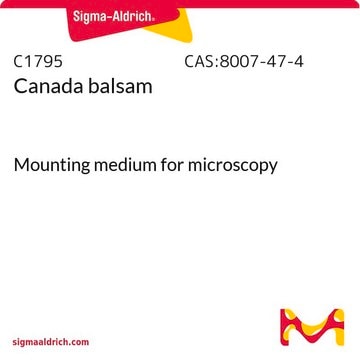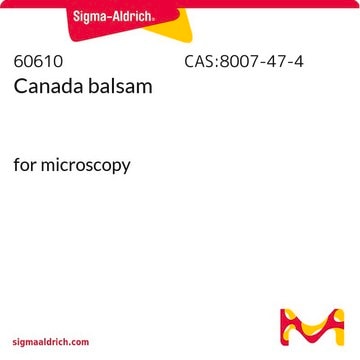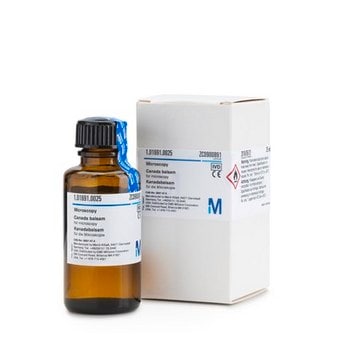413445
Mercury(II) chloride
≥98%
Synonym(s):
Mercuric chloride
Sign Into View Organizational & Contract Pricing
All Photos(1)
About This Item
Linear Formula:
HgCl2
CAS Number:
Molecular Weight:
271.50
EC Number:
MDL number:
UNSPSC Code:
12352302
PubChem Substance ID:
Recommended Products
vapor pressure
1.3 mmHg ( 236 °C)
Assay
≥98%
mp
277 °C (lit.)
SMILES string
Cl[Hg]Cl
InChI
1S/2ClH.Hg/h2*1H;/q;;+2/p-2
InChI key
LWJROJCJINYWOX-UHFFFAOYSA-L
Looking for similar products? Visit Product Comparison Guide
Certificates of Analysis (COA)
Search for Certificates of Analysis (COA) by entering the products Lot/Batch Number. Lot and Batch Numbers can be found on a product’s label following the words ‘Lot’ or ‘Batch’.
Already Own This Product?
Find documentation for the products that you have recently purchased in the Document Library.
Kshitiz Tyagi et al.
Nucleic acids research, 43(9), 4701-4712 (2015-04-15)
Maintenance of protein quality control has implications in various processes such as neurodegeneration and ageing. To investigate how environmental insults affect this process, we analysed the proteome of yeast continuously exposed to mild heat stress. In agreement with previous transcriptomics
Andrés Cruz Hernández et al.
Metallomics : integrated biometal science, 5(4), 398-403 (2013-03-27)
RNA processing is an essential pathway in the regulation of genetic expression in the cell. In this work, Bacillus subtilis was used to understand the effects of mercury on the mechanism of tRNA metabolism. The CVAAS (cold vapor atomic absorption
Susan C Fitzer et al.
Scientific reports, 4, 6218-6218 (2014-08-29)
Ocean acidification is altering the oceanic carbonate saturation state and threatening the survival of marine calcifying organisms. Production of their calcium carbonate exoskeletons is dependent not only on the environmental seawater carbonate chemistry but also the ability to produce biominerals
R Rodríguez-Sánchez et al.
Food chemistry, 135(4), 2359-2365 (2012-09-18)
Our objective was to determine if the phycobiliproteins of Arthrospira (Spirulina) maxima protect renal cells against mercury-caused oxidative stress and cellular damage in the kidney. We used 40 male mice that were assigned into eight groups: (1) a control group
Michael Gülden et al.
Toxicology, 332, 41-51 (2013-12-03)
In vitro generated data on toxic potencies are generally based on nominal concentrations. However, cellular and extracellular binding and elimination processes may reduce the available free fraction of a compound. Then, nominal effective concentrations do not represent appropriate measures of
Our team of scientists has experience in all areas of research including Life Science, Material Science, Chemical Synthesis, Chromatography, Analytical and many others.
Contact Technical Service





